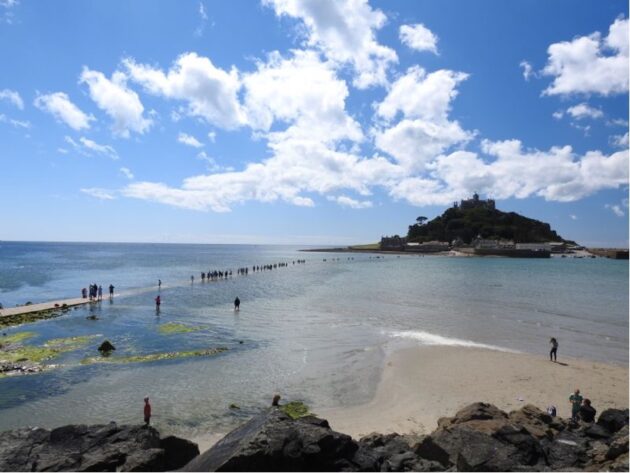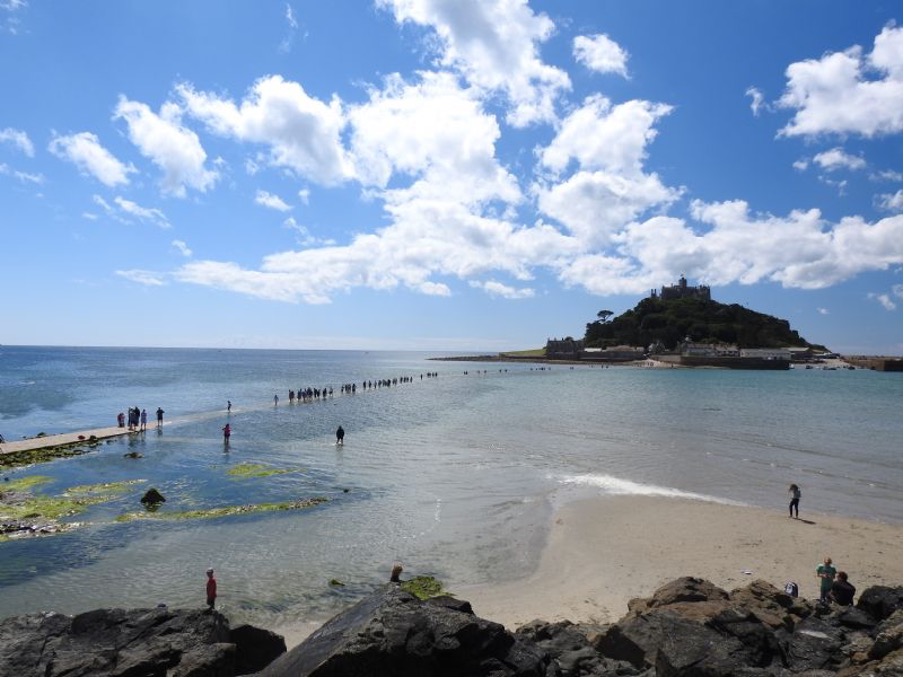April 16th, 2021.
My last letter from the North was about the death of a town. I have just received the results of the quarterly regional economic survey for the southwestern region.
It underlines how deep the recession is and the future doesn’t look good for St. Austell and similar towns.
A year on from the start of the pandemic, business finances in the South West have been badly damaged, with many business owners increasingly reliant upon costly sources of borrowing such as overdrafts and credit cards, a Business West survey has revealed.
40% of the 550 businesses that responded to the survey reported a higher level of indebtedness than a year ago, whilst a similar number (43%) had 6 months or less of cash reserves remaining, laying bare the huge financial cost of coronavirus despite extensive government interventions in the economy.
With pressures on firms growing after multiple lockdowns, 28% of businesses seeking out finance opted to utilise the Bounce Back Loan Scheme (BBLS) – a government backed initiative offering favourable interest rates and flexible repayment terms, but this scheme has now ended.
Salisbury-based 365 Linen Hire, which provides tablecloths and napkins to the weddings and events industries, highlights how emergency borrowing has taken the strain for many COVID-19 impacted businesses. Its Manager Richard Gould said that as hopes were dashed of the economy unlocking earlier in the year, the business sought out BBLS funds to gear up for a summer reopening, having “held out as long as possible”.
The use of overdrafts and credit cards by local businesses is also relatively high, at 22% and 19% respectively, considering that these sources of finance are more expensive than government backed emergency finance. They are also more common than the formal government backed Coronavirus Business Interruption Loan Scheme (CBILS), which only 16% of respondents chose, typically larger businesses within the survey respondents. The percentage of businesses borrowing money from family and friends is also quite significant, at 11%.
Bristol-based marketing agency Feisty Consultancy was one of the businesses that complained of receiving a rough ride from their banking provider over the past 12 months.
“During the first lockdown at least, the banks were helpful in reducing/removing fees,” said Feisty Consultancy’s Managing Director Vikki Little. “But this stopped some months ago and hasn’t been reinstated, despite the fact that the situation is now worse for many businesses. I wrote to my bank regarding this and was told ‘tough’ essentially.”
If the increased prevalence of short-term borrowing wasn’t worrying enough for the state of business finances, it is particularly so for the self-employed. Two fifths of respondents identified credit cards as their main source of financing during the pandemic – a finding which suggests that the self-employed (many of whom fell through the cracks of government support schemes) were unable to access cheaper, alternative forms of borrowing.
Against this background, Business West is concerned at a potential ‘finance crunch’ coming for small businesses. With repayments starting on government backed loans and the level of (often high cost) debt from financial institutions and others, the burden of this debt is expected to act as a drag on business recovery.
Unsurprisingly, after a year of lockdown restrictions, almost half of the 550 participants reported a deterioration in their cashflow, taking this to the lowest point in the last 3 years, with responses consistent across both the services and manufacturing sectors. “It is dreadful,” said Val Hennessy of the International House language school in Bristol – one of the businesses speaking out. “Virtually no income and little prospect of a real increase in income in the near future as international travel is banned or the costs of travelling to the UK for students is too off-putting. We cannot risk borrowing anymore because the future is so uncertain.” she continued.
For businesses such as The Zoots band, government financial support has unfortunately done little to make up for the income shortfall of a year ravaged by stop-start lockdown restrictions. Its proprietor Jamie Goddard revealed that he is “currently in £30,000 debt” adding “with SEISS grants of only £2500 that covered about 1.5% of my usual turnover” and hopes they “will get something eventually” to address the situation.
Aside from widespread financial worries highlighted by the survey, the region-wide study also found that almost 40% of South West employers had experienced staffing issues as a direct result of school closures.
Stephen Sage, Managing Director of ACES Ltd – an electronics firm based in Bristol – said that along with school closures: “Social distancing measures have slowed our production along with…home working,” before adding “material shortages have also compounded the problem.”
The cumulative effect of rising debt levels and lockdown restrictions on business growth and performance across the region is plain to see.
Over half of respondents reported that their turnover, profitability and cash flow have been negatively impacted as a result of the pandemic. The percentage of businesses impacted in the retail, tourism, food and drink, and consumer services industries is even worse (over 60%), with many delaying growth plans and experiencing reduced profit margins.
Source Business West Quarterly Economic Survey Q1 2021
It’s like a Tsunami when the tide has gone out. Everyone knows that a wave is coming, but don’t know how big it will be and can’t do anything to stop it.

Please share this article so that others can discover The BFD

